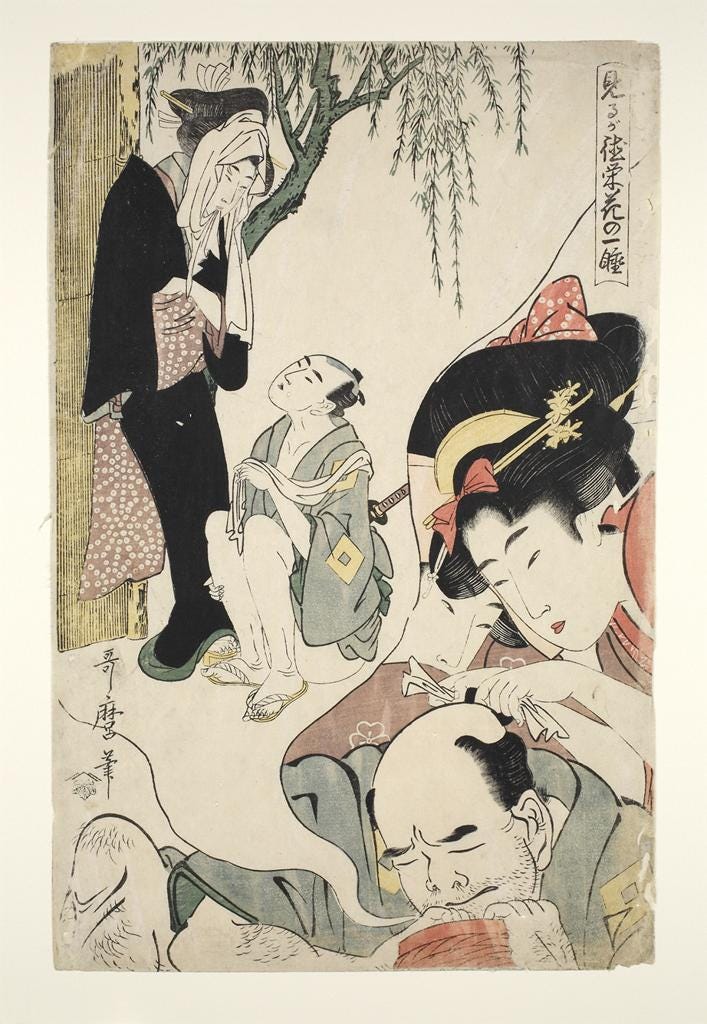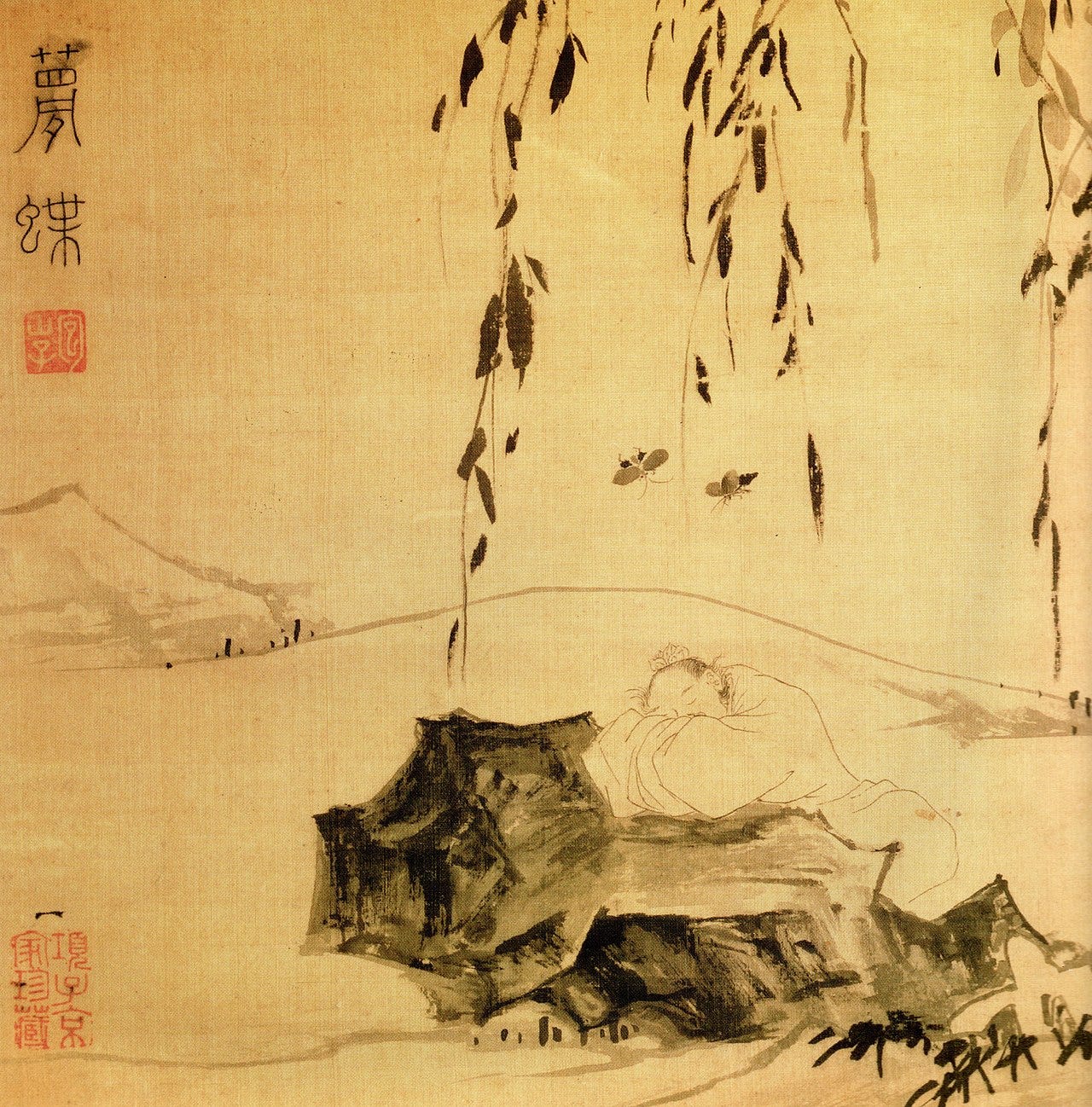Updates on dreaming
I recently read Rahul Jandial’s This Is Why You Dream.
I recently read Rahul Jandial’s This Is Why You Dream. Jandial is a neurosurgeon, the type that performs open-brain surgeries with the electrostatic equivalent of a tattoo gun. The book traces his interest in dreaming.
Dreaming is a mystery to the hard scientist. (It must serve an adaptive function, but what?). So Jandial walks us through the hard science of dreaming, such as it is. Two bits stood out to me.
First, nightmares are suspected to serve a specific, adaptive purpose in early childhood: they help children acquire a ‘self/other’ distinction. The argument goes like this. In early childhood, children have no concept of themselves as individuated entities, as much experimental literature apparently attests. However, around the time that children start acquiring a sense of selfhood, they also—across cultures—begin to have nightmares.
Dream researchers theorize that these nightmares are a kind of harsh medicine: they (re)inforce the idea that the child has a self, demonstrating as much by threatening that self with an externalized other. (Interestingly, before this period, children tend to dream about talking animals; fairytale stuff. Afterward, their dreams become more centered in the human world. Perhaps the self/other distinction is a bit of a fall from Eden.)
Second, the book touched on dreaming in people with dissociative personality disorder (DPP), formerly classified as “multiple personality disorder.” In DPP, alters—distinct personalities—occasionally occupy the patient’s “seat of consciousness,” presenting themselves as the patient’s dominant personality. A patient’s alters often possess memories that are inaccessible to the person's other alters. The causes and mechanisms of DPP are hotly debated, but Jung (and, later, proponents of Internal Family Systems) theorized that these alters are extreme versions of normal human psychological functioning: that we all contain, as it were, multitudes—parts of our psyche that are autonomous, separate from the ego or “I” perspective through which we experience the world. These non-ego ‘parts,’ Jung theorized, are the characters we encounter in dreams.
Well, evidence from DPP patients would support this theory. If a therapist asks a DPP patient what they dreamed about the prior night, they might say (paraphrasing an example from the book here), “I dreamed I was a little girl, hiding under a kitchen table. An old lady was trying to attack me.” Then, an alter takes over. The therapist asks the alter, "What did you dream about last night?" And the alter would reply, “Oh, it was horrible. I was an old lady. I was attacking a little girl who was hiding from me under a kitchen table.”
I take two lessons here (though Jandial draws out neither in the book). The lesson from nightmares is that dreams are, at least sometimes, compensatory or instructive. They tell us things we need to know. But what is instructing what? Here enters the lesson from DPP patients’ dreams: our mind has many parts, only one of which we call “I.” Other parts we sometimes meet in dreams.
We are a cast of characters—many agents, to borrow a term from AI. (And these agents may have agents within them—a structural homomorphism all the way down). In these heady days, when some believe large language models will become intelligent at a sufficient scale, this lesson feels important to remember and hold close.
In some religious traditions, we are all characters in a dream—the dream of some ancient and all-encompassing being. In these traditions, our lives are, as in Hamlet, that of an actor “that struts and frets his hour upon the stage:” part of some greater being’s inner theater, interacting with its other parts to construct some grand, cosmic play. The invitation of these traditions is the question: “What kind of dream is the being having?”
Goethe, the author of the German masterwork Faust, theorized that the scientific pursuit passes through four stages:
Four epochs of the sciences:
childlike,
poetic, superstitious;
empirical,
investigative, curious;
dogmatic,
didactic, pedantic;
ideal,
methodical, mystical.
—Goethe, Maximen und ReflexionenGoethe believed those stuck in the third stage were more impoverished than those who had yet to transcend the first. The stuff of myth has no easy substitute.
I have nothing against the broader AI research community, and I'm far from one who believes AI research denigrates or threatens the human. To the contrary. I believe the work of AI will peel back the ever-more mysteries of us—the layers beneath our ego minds, and the ethereal something that exists between and across them. But, as Phil Agre first noted, AI has a bit more dreaming to do first.




